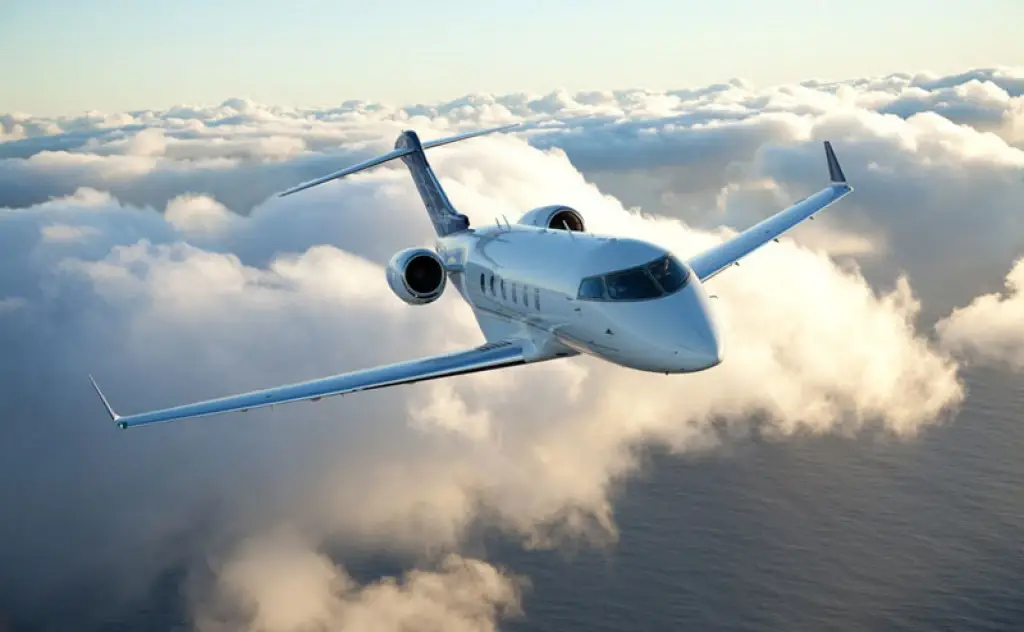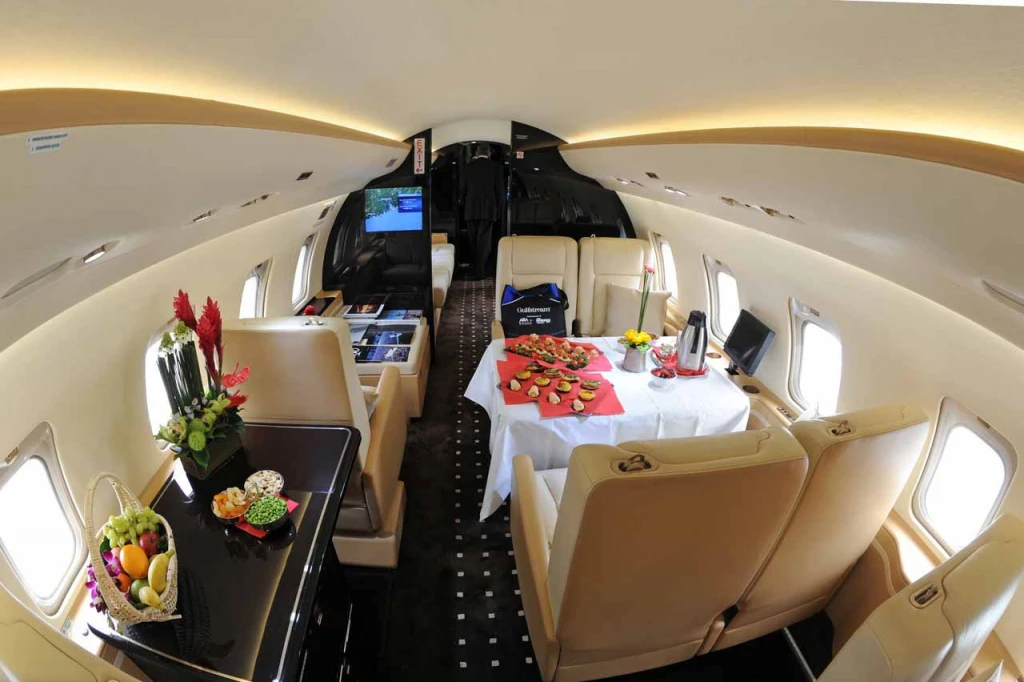Private aviation, a key driver of economic growth and job creation, plays a significant role in powering industries and fostering prosperity. In this article, we will explore how private aviation contributes to the economy, generates employment opportunities, and fuels innovation. From supporting global trade to enhancing tourism and driving technological advancements, private aviation fuels economic expansion in diverse sectors. Let's delve into the specific numbers and examples that showcase the substantial impact of private aviation on the economy and job market.
Private aviation, a key driver of economic growth and job creation, plays a significant role in powering industries and fostering prosperity. In this article, we will explore how private aviation contributes to the economy, generates employment opportunities, and fuels innovation. From supporting global trade to enhancing tourism and driving technological advancements, private aviation fuels economic expansion in diverse sectors. Let's delve into the specific numbers and examples that showcase the substantial impact of private aviation on the economy and job market.
Fueling Economic Growth:
Private aviation catalyzes economic growth, creating a ripple effect throughout various industries. According to recent studies, the private aviation industry contributes over $150 billion annually to the global economy. This significant financial injection stimulates economic activities, fuels investments, and promotes business expansion. With private jets enabling efficient travel for executives and entrepreneurs, new opportunities are pursued, leading to increased revenues, business partnerships, and overall economic vitality.
Job Creation:
The private aviation sector plays a crucial role in job creation, offering employment opportunities to thousands of individuals worldwide. Directly, the industry employs approximately 1.2 million people, ranging from pilots and cabin crew to ground staff and maintenance technicians. Moreover, private aviation supports a wide range of indirect jobs in associated sectors such as aircraft manufacturing, hospitality, and transportation. Overall, it is estimated that the private aviation industry supports over 3 million jobs globally.
Driving Tourism and Hospitality:
Private aviation significantly impacts the tourism and hospitality sectors, contributing to local economies and job creation. High-net-worth individuals who utilize private jets for luxury travel and leisure experiences are major contributors to the tourism industry. Their spending on accommodations, dining, entertainment, and cultural experiences generates revenue and sustains job opportunities in these sectors. In popular tourist destinations, private aviation acts as a lifeline, attracting affluent travelers and driving tourism-driven economies.
Technological Advancements:
Private aviation is at the forefront of technological advancements, driving innovation in aircraft design, efficiency, and sustainability. Continued investments in research and development by private jet manufacturers have led to advancements in fuel efficiency, reduced emissions, and improved safety features. These technological breakthroughs not only enhance the private aviation industry but also have broader implications for the entire aerospace sector. The resulting demand for skilled professionals in engineering, manufacturing, and maintenance creates job opportunities and drives technological progress.
Private aviation serves as a powerful catalyst for economic growth, job creation, and technological advancements. With its significant financial contribution to the global economy, private aviation fuels investments stimulate business expansion and fosters innovation. The industry's direct and indirect job creation offers employment opportunities across various sectors, supporting livelihoods and communities. As private aviation continues to evolve, embracing sustainability and technological advancements, it will play an even more pivotal role in driving economic prosperity. Its ability to connect businesses, support tourism, and create high-value jobs makes private aviation an essential component of a thriving global economy.







